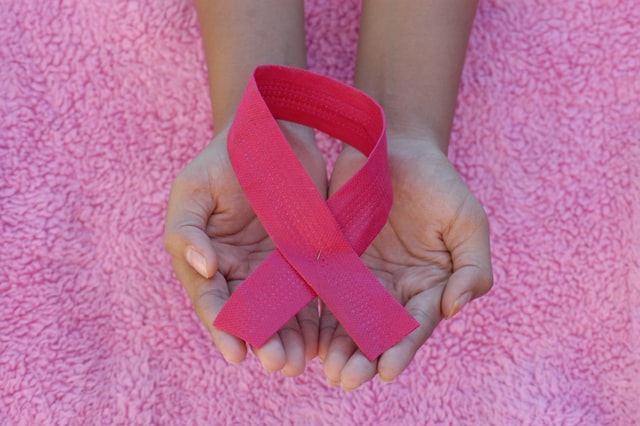Dealing with a Cancer Diagnosis

It’s never easy to learn that you have cancer. After getting a diagnosis, you might feel overwhelmed, afraid, or anxious and wonder how you’ll cope. There are a few coping methods that might make the diagnosis easier.
Anticipate Potential Changes
Before beginning treatment is the time to plan for changes that might occur. By preparing now, you’ll be better prepared to cope later. Ask the doctor what changes you can expect. For instance, if you might lose your hair, search for information on makeup, hairpieces, and clothing. That might help you feel more attractive and comfortable. It might be helpful to look for cancer support groups. They can offer tips that might help you or others. Consider the way your treatments will impact your activities and ask the doctor if you can expect to carry out your normal routine. You might need to have more medical appointments or spend time in the hospital. Make arrangements for a leave of absence from work if necessary.
Consider Medical Marijuana
If you have cancer, you might be eligible for a medical marijuana card in states that have medical marijuana programs. In many states, such as Massachusetts, it’s a fast, easy process to get your card online. To use medical marijuana in Massachusetts or any state where it’s legal, it just takes 15 minutes out of your day, and you’ll only pay if you’re approved.
Accept Help from Others
Family and friends can run errands, transport you, help with chores around the house, and prepare meals. Don’t be embarrassed to accept this help. That allows people who care about you to contribute during a difficult time. Encourage your close family to accept help as well. When you’re diagnosed with cancer, it affects your entire family and can make them feel more stressed. Your primary caregivers can become especially fatigued. Accepting help might look like getting meals from friends or letting a neighbor help with chores. That can go a long way toward preventing your caregiver from burning out.
Maintain good communication with your doctors, loved ones, and others after being diagnosed with cancer. You might feel isolated if you’re protected too much from bad news or if you try to seem like you’re holding everything together. But if you can express your emotions honestly, you can gain strength.
Create a Coping Strategy
It might feel like others who haven’t had cancer don’t understand how you’re feeling. Consider joining a support group to connect with others going through the same thing. Cancer survivors can give you insights into what you might expect during your treatments. Ask your health care provider about support groups or search online for other survivors. You may decide to practice relaxation techniques, such as meditation or yoga. Some cancer patients like to keep a journal. Things that have comforted you through other rough times, such as religious leaders, close friends, or favorite activities, might help you to recharge. While it’s a good idea to try the methods you know work, it’s also a good idea to stay open to new activities as well.

